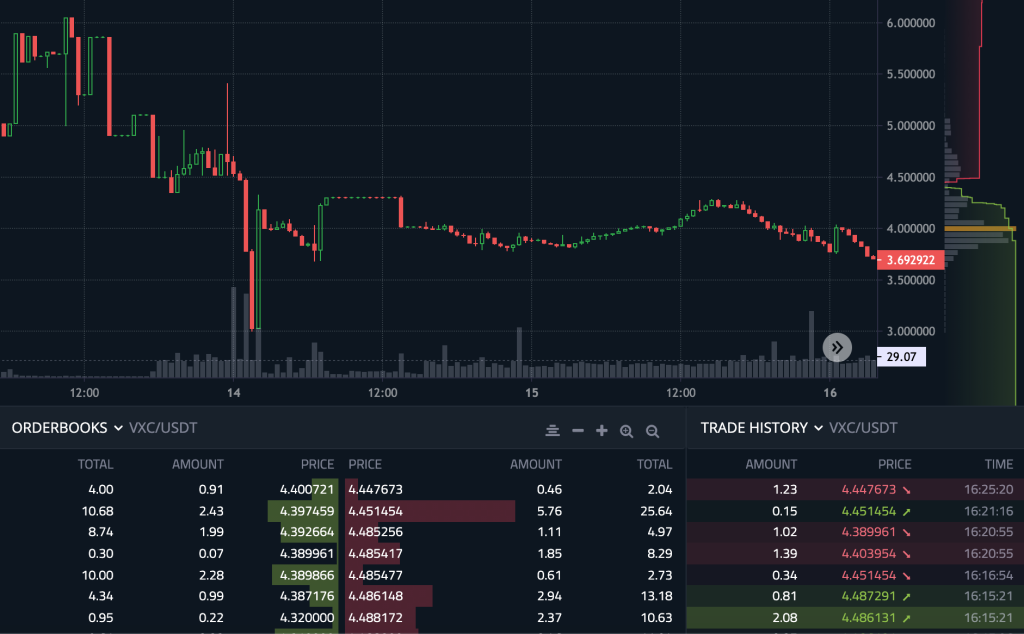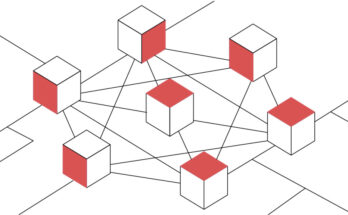In our digital age, where technology continually reshapes our world, the term “blockchain” has emerged as a buzzword. You may have come across it in discussions about cryptocurrencies like Bitcoin, or perhaps you’ve heard of its potential to revolutionize industries beyond finance. But what exactly is blockchain technology, and why is it creating such a stir?
In this article, you’ll learn blockchain in a way that anyone, regardless of technical expertise, can grasp. By the end of this article, you’ll understand what blockchain is and appreciate its profound implications and possibilities.
The Foundation of Blockchain
At Its Core: At its essence, blockchain serves as a digital ledger, a system for recording information in a chain of blocks. However, it’s not the concept of recording data that makes blockchain revolutionary; it’s the way it accomplishes this while ensuring security and transparency.
The Chain of Blocks: Picture a blockchain as a string of blocks, with each block containing a bundle of data. These blocks are arranged chronologically, forming an unbroken chain. Within each block resides a collection of transactions or other types of information.
How Does It Work?
Let’s delve into the mechanics of blockchain and break them down into straightforward terms:
Decentralization
Unlike traditional centralized systems where a central authority holds control, blockchain operates on a decentralized network. There is no central authority governing it.
Decentralization eliminates the need for intermediaries, reducing the risk of manipulation, fraud, or downtime.
Security Through Cryptography
Blockchain relies on advanced cryptography to secure transactions and govern the creation of new units. Every transaction is recorded in a manner that cannot be altered or tampered with.
This cryptographic security ensures the integrity and immutability of data, making it highly resistant to hacking.

Consensus Mechanism
In blockchain networks, all participants must reach a consensus on the validity of transactions. This agreement is reached through a consensus mechanism.
This mechanism ensures trust among participants and prevents issues like double-spending, a common concern in digital currencies.
Transparency
Every transaction recorded on the blockchain is visible to all participants in the network. While individual identities remain hidden, transaction details are openly available for scrutiny.
Transparency fosters trust and accountability among users, preventing fraud.
What Are the Real-World Applications of Blockchain?
The scope of blockchain technology extends far beyond cryptocurrencies. Let’s explore some practical applications:
Cryptocurrencies
Cryptocurrencies like Bitcoin and Ethereum utilize blockchain as their foundational technology. Blockchain records all transactions, ensuring their security and transparency.

Supply Chain Management
Businesses employ blockchain to track the journey of goods from production to delivery. This guarantees transparency and verifies authenticity.
It aids in the fight against counterfeiting and assures product quality.
Smart Contracts
Smart contracts are self-executing contracts with terms directly coded into the blockchain. Blockchain ensures their execution without intermediaries.
It automates processes, reducing the risks of fraud and errors.
Healthcare Records
Healthcare records can be securely stored and shared via blockchain. Patients have control over who accesses their data.
It safeguards privacy and data integrity within the healthcare sector.
Voting Systems
Blockchain can be employed for secure and transparent electronic voting. Votes are recorded and tamper-proof.
It enhances the integrity of electoral processes.
The Future of Blockchain
Blockchain technology continues to evolve and discover new applications across various industries. Its potential to disrupt traditional systems and stimulate innovation is boundless. As we journey into the future, comprehending the fundamentals of blockchain is becoming increasingly vital, whether you’re a business professional, a tech enthusiast, or simply curious about the ever-evolving tech landscape.
In conclusion, blockchain is not merely a technological buzzword; it’s a revolutionary force with the power to transform how we conduct transactions, manage data, and establish trust in the digital realm. With its decentralized, secure, and transparent nature, blockchain is poised to redefine many industries, offering solutions to age-old problems while opening doors to new and exciting possibilities.




